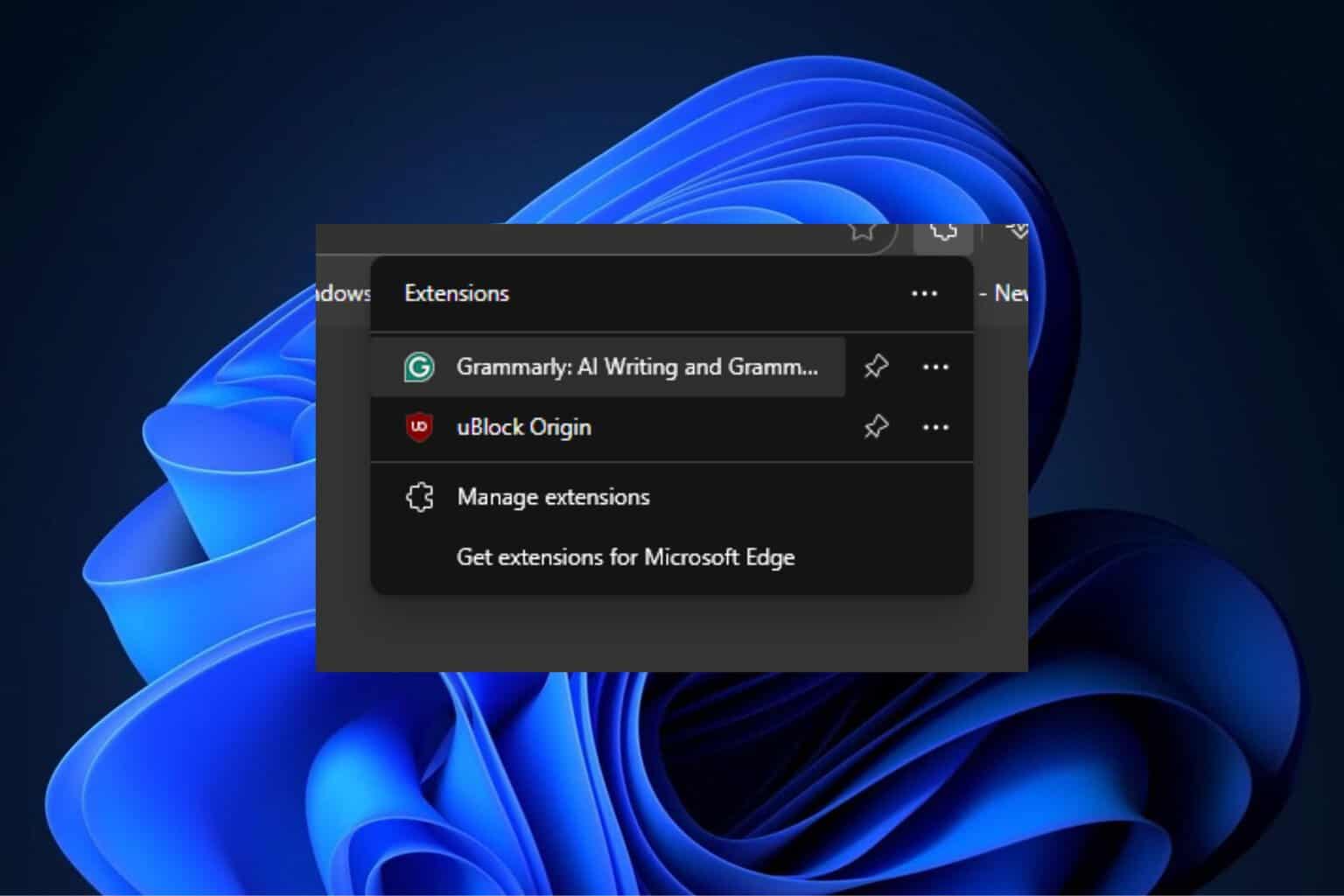Windows 11 will no longer work without TPM 2.0 and that's non negotiable
TPM 2.0 is not a recommendation, it's a necessity
3 min. read
Published on
Read our disclosure page to find out how can you help Windows Report sustain the editorial team. Read more

Recently, Microsoft warned the users that they will not receive any updates if they install Windows 11 on unsupported devices and lose support from the manufacturers. After Windows 11 was launched, there was easy to go around some of the requirements and you could install the OS without having a TPM 2.0 enabled CPU, and you could also bypass CPU requirements altogether, but that is about to change.
In a recent Windows IT Pro blog post, Microsoft thoroughly explained the role of TPM 2.0 for Windows 11 and the future of security, and mentioned that the standard will be a non-negotiable requirement for the OS.
By instituting TPM 2.0 as a non-negotiable standard for the future of Windows, we elevate the security benchmark. It allows you and us to better align with the growing need for formidable data protection in the modern digital sphere.
Why is Microsoft pushing for the TPM 2.0 requirement?
We also explained all about TPM 2.0 and its role in security. However, here’s how the software giant describes its most important implications:
A notable enhancement is that TPM 2.0 aligns to ISO standard. This means that TPM 2.0 can accommodate an extensive array of cryptographic algorithms, encryption keys, and certificates that a wide range of industries need. Crucially, protocols like Secure Boot validate operating system integrity upon startup. TPM 2.0 helps you ensure that only trusted software launches.
So, a more clear explanation is that TPM 2.0 adds an important layer of protection in the pre-booting phase, where Windows 10 is more vulnerable. Also, this cryptographic protection has become a part of the ISO standards that all the organizations need to align to.
What if I disable TPM 2.0 from BIOS?
Right now, you can still disable TPM 2.0 from BIOS, but if this feature will become non-negotiable, Microsoft might impose a mechanism to warn you against this action or even prevent the OS from booting. The Redmond giant doesn’t specify how they will enforce this feature, but it will probably start from banning installing Windows 11 on a non supported TPM 2.0 system.
In fact, that is why Microsoft warned that unsupported devices won’t receive any updates.
However, this doesn’t necessarily mean that you need to buy a new PC with a TPM 2.0 chip. Usually, the TPM 2.0 is included in the CPU, but there are also motherboards which provide the TPM 2.0 slot. But that means you will need to buy the TPM 2.0 chip separately and install it on the motherboard.
The bottom line is that you will still need a hardware upgrade and that can be a problem for organizations that are looking for conformity.
As for us, the regular users, that clearly means we need to pay closer attention to the Right to Repair movement which grants us the right to upgrade and replace any components to our computers without voiding the warranty.
What do you think about Microsoft imposing the TPM 2.0 requirement for Windows 11? Let’s talk about that in the comments below.








User forum
2 messages